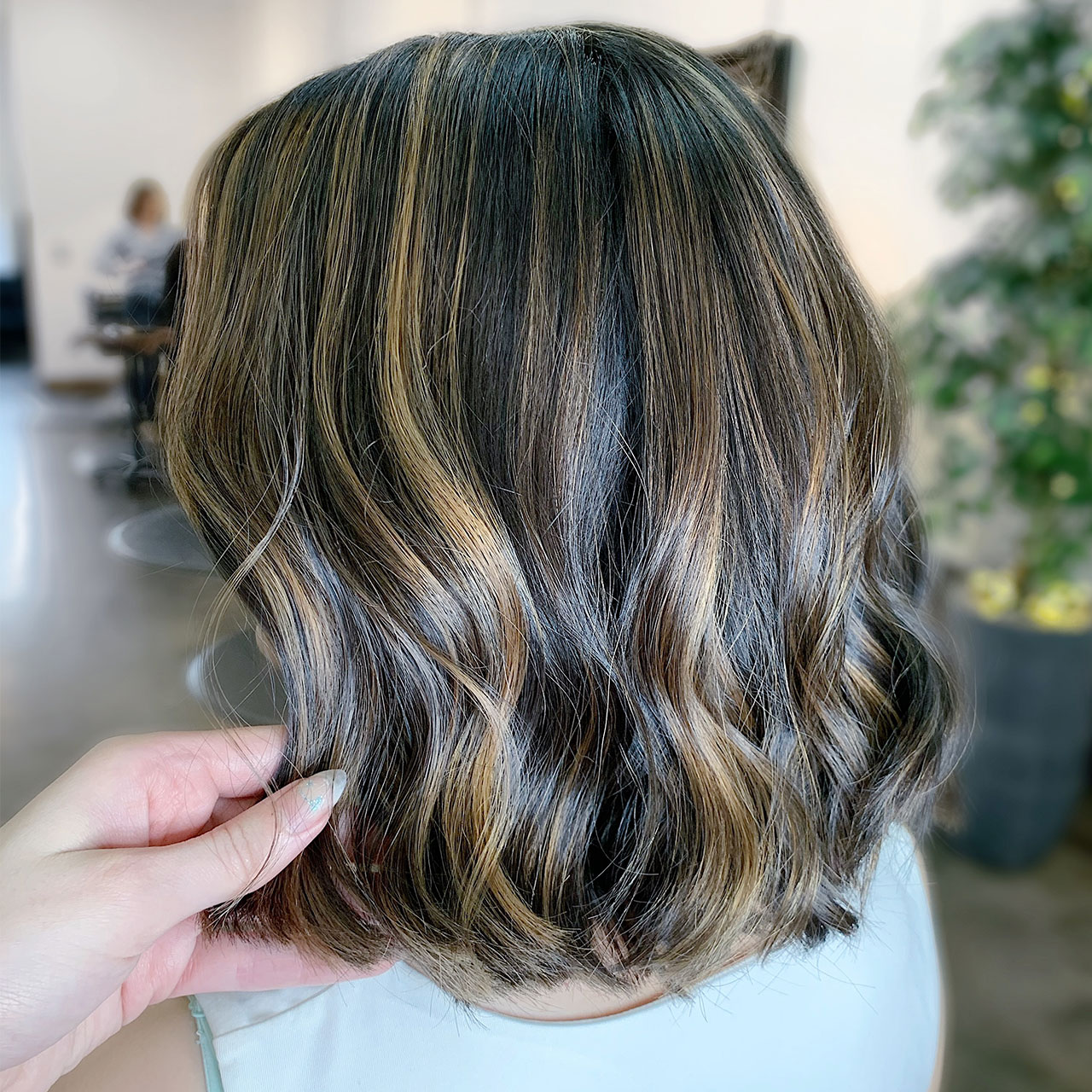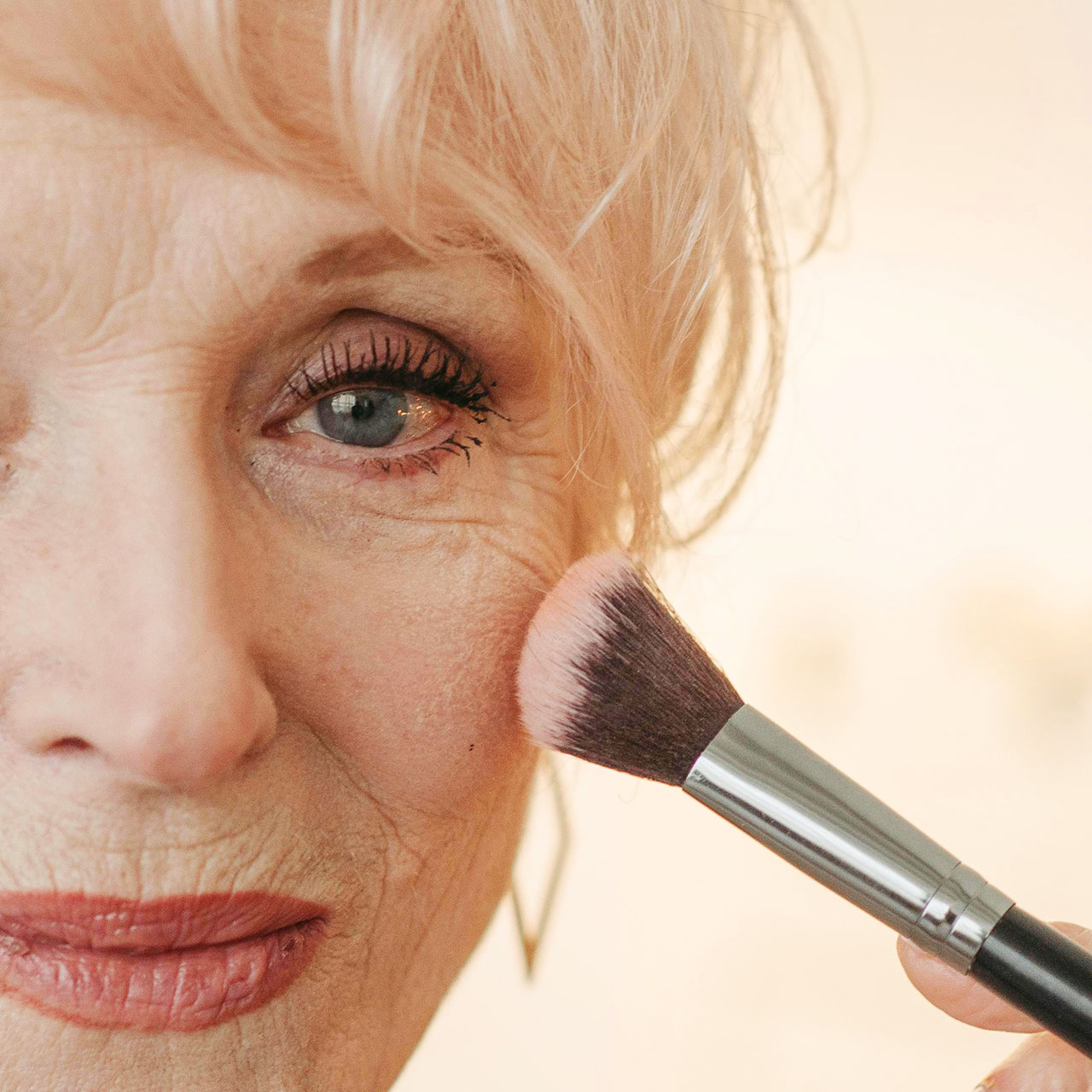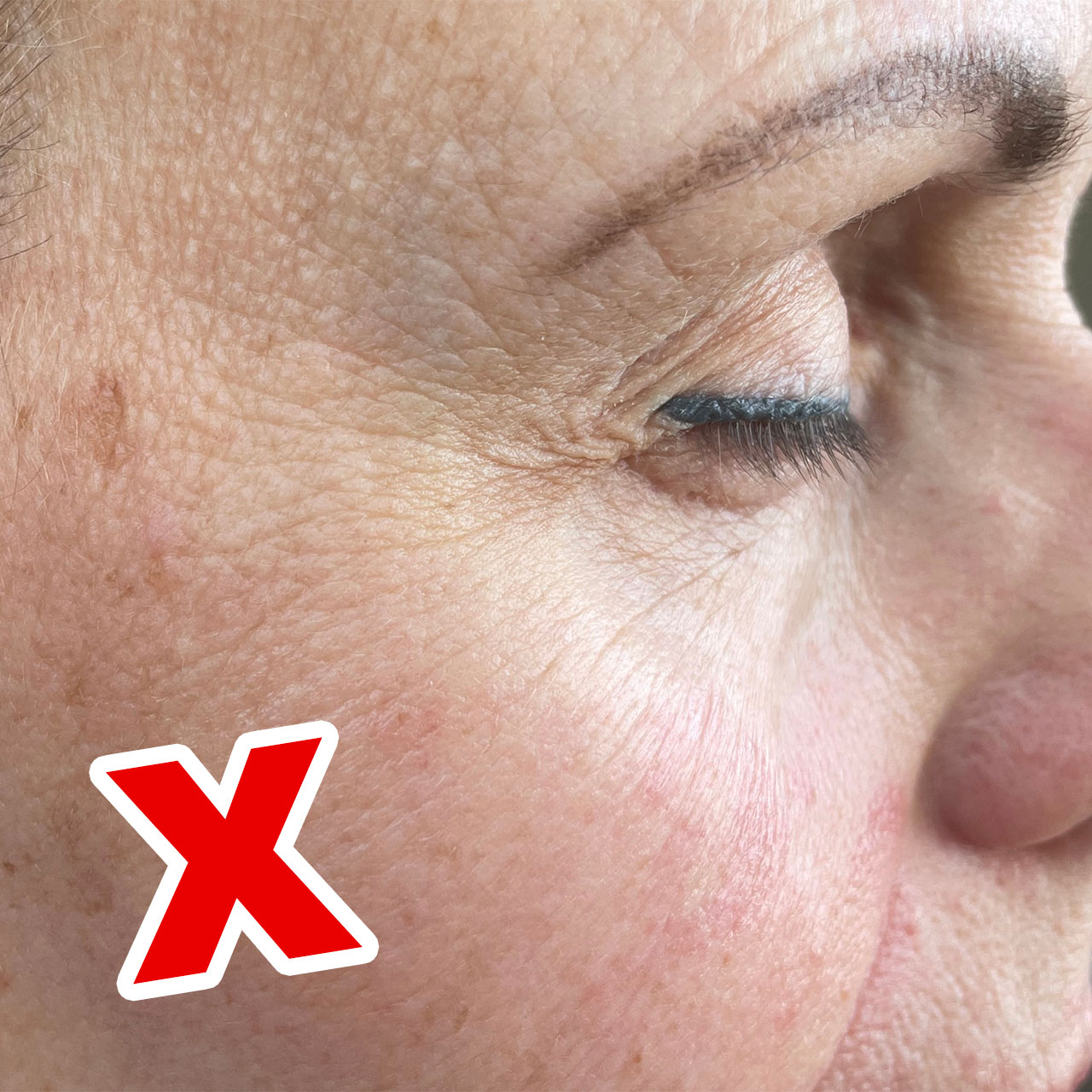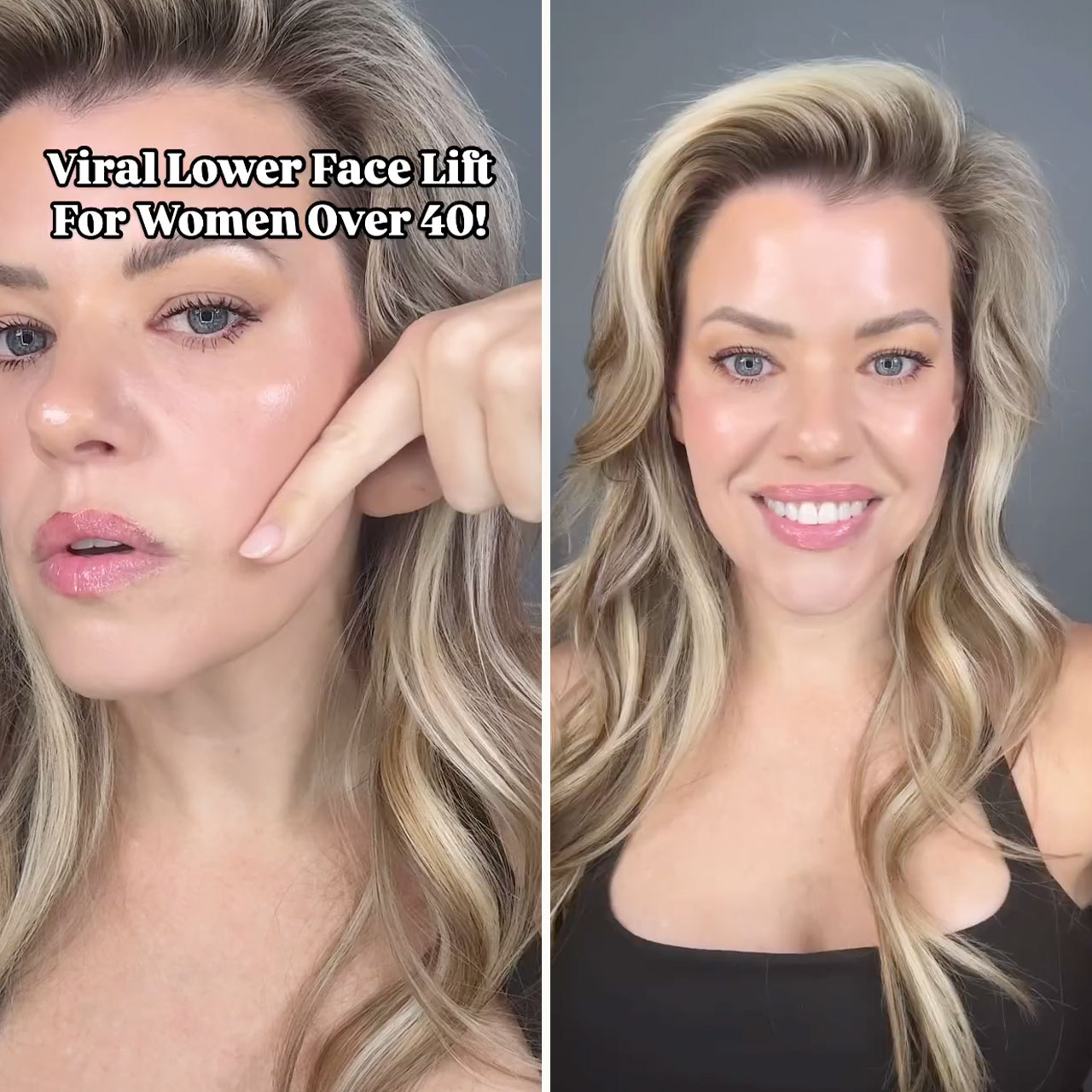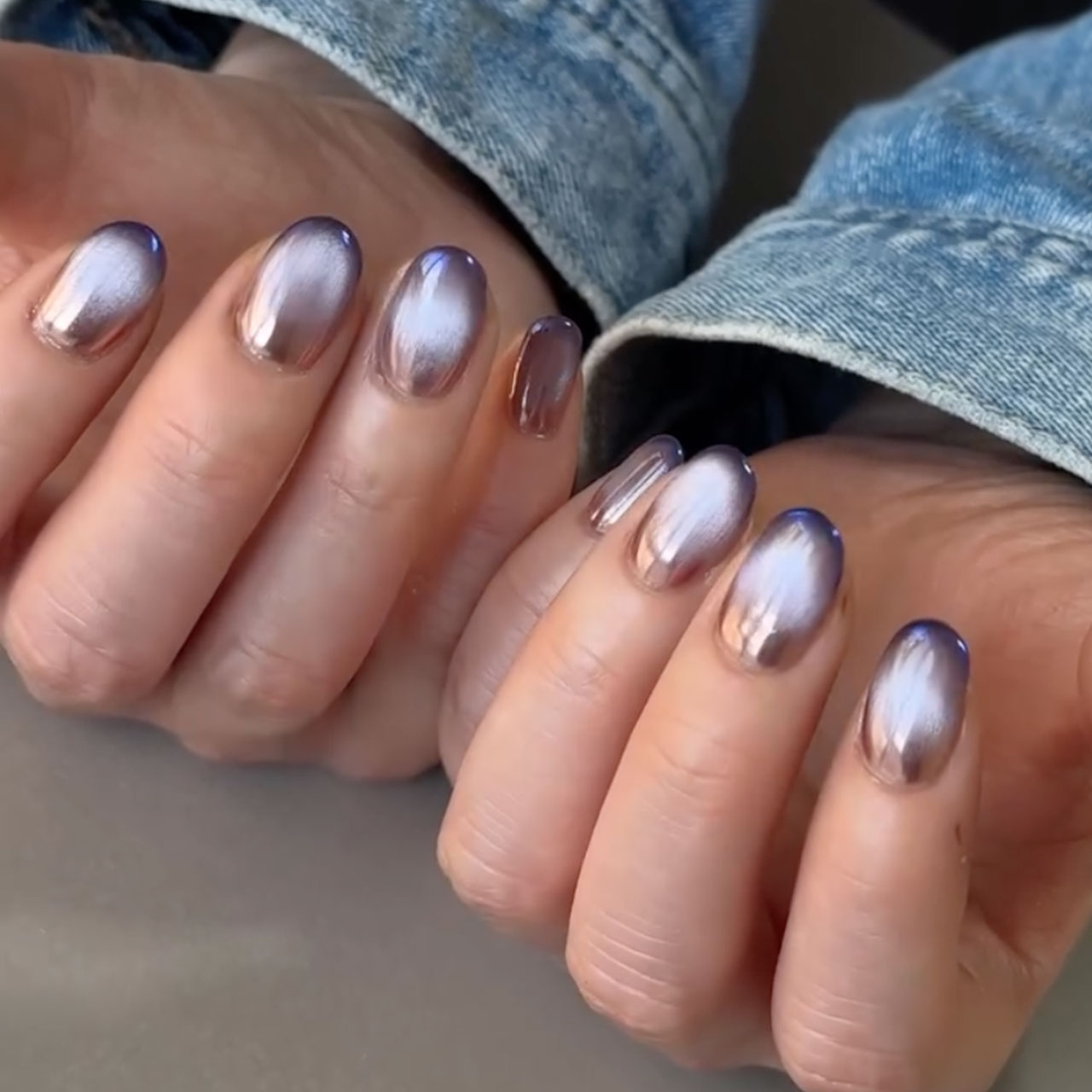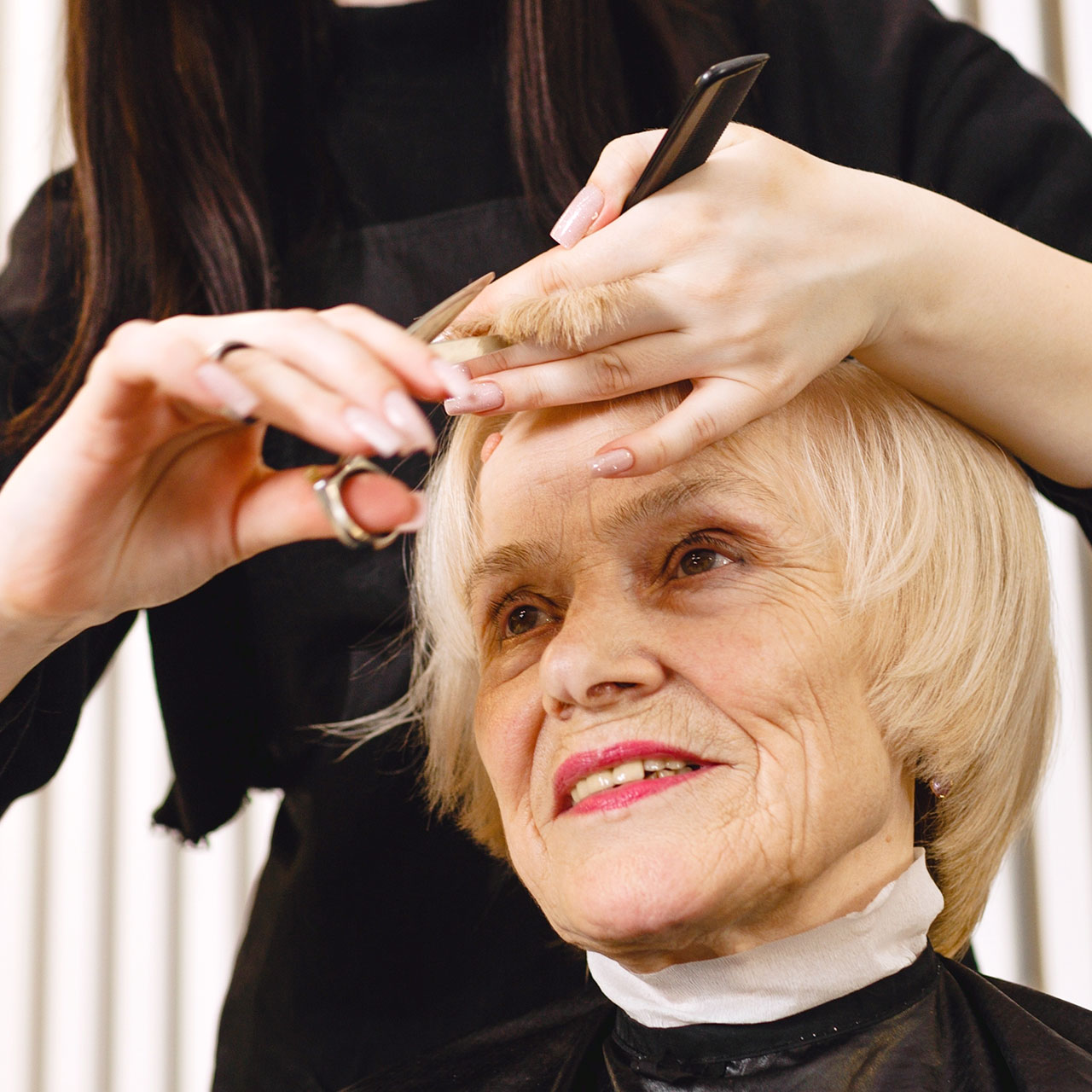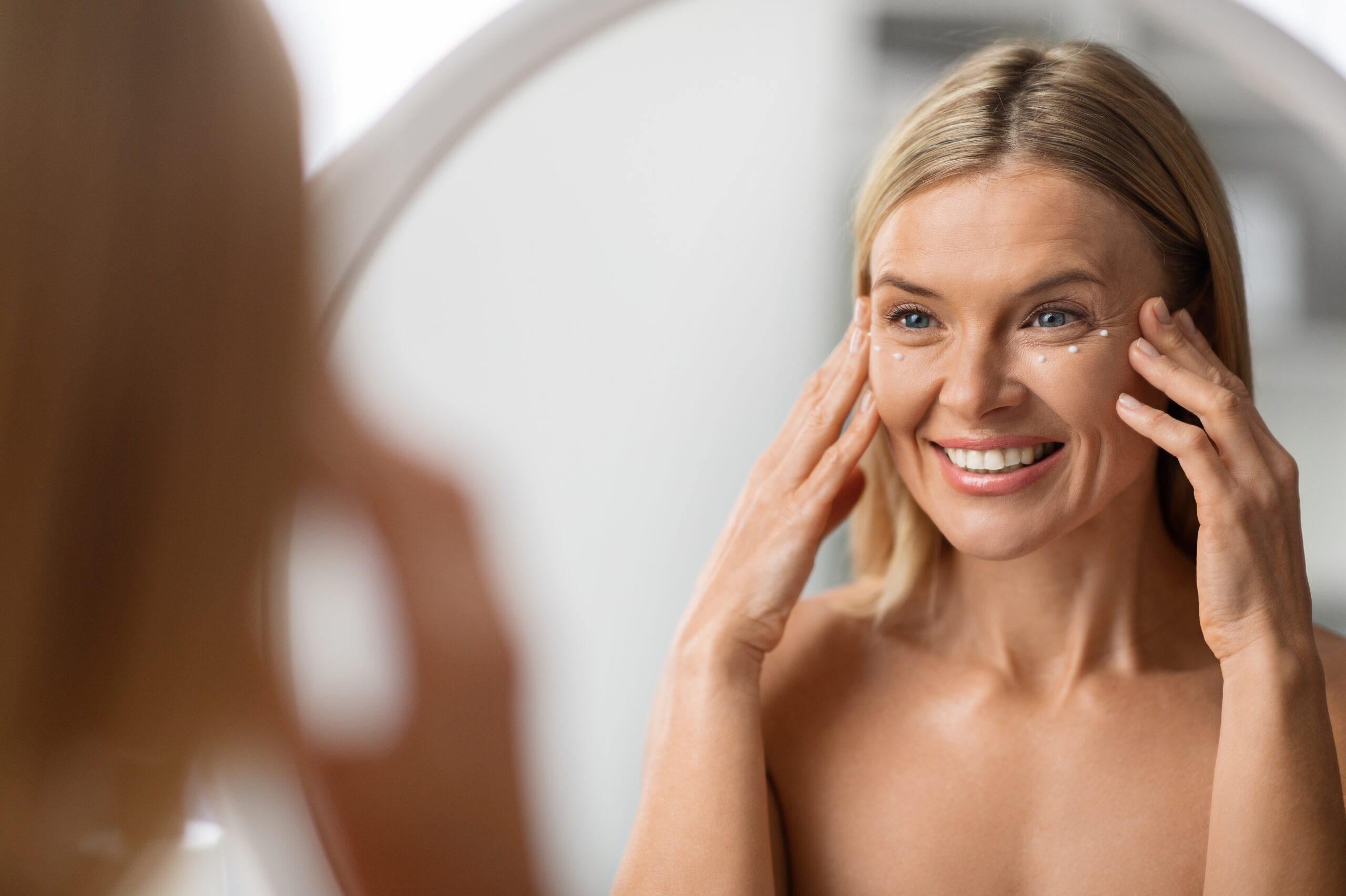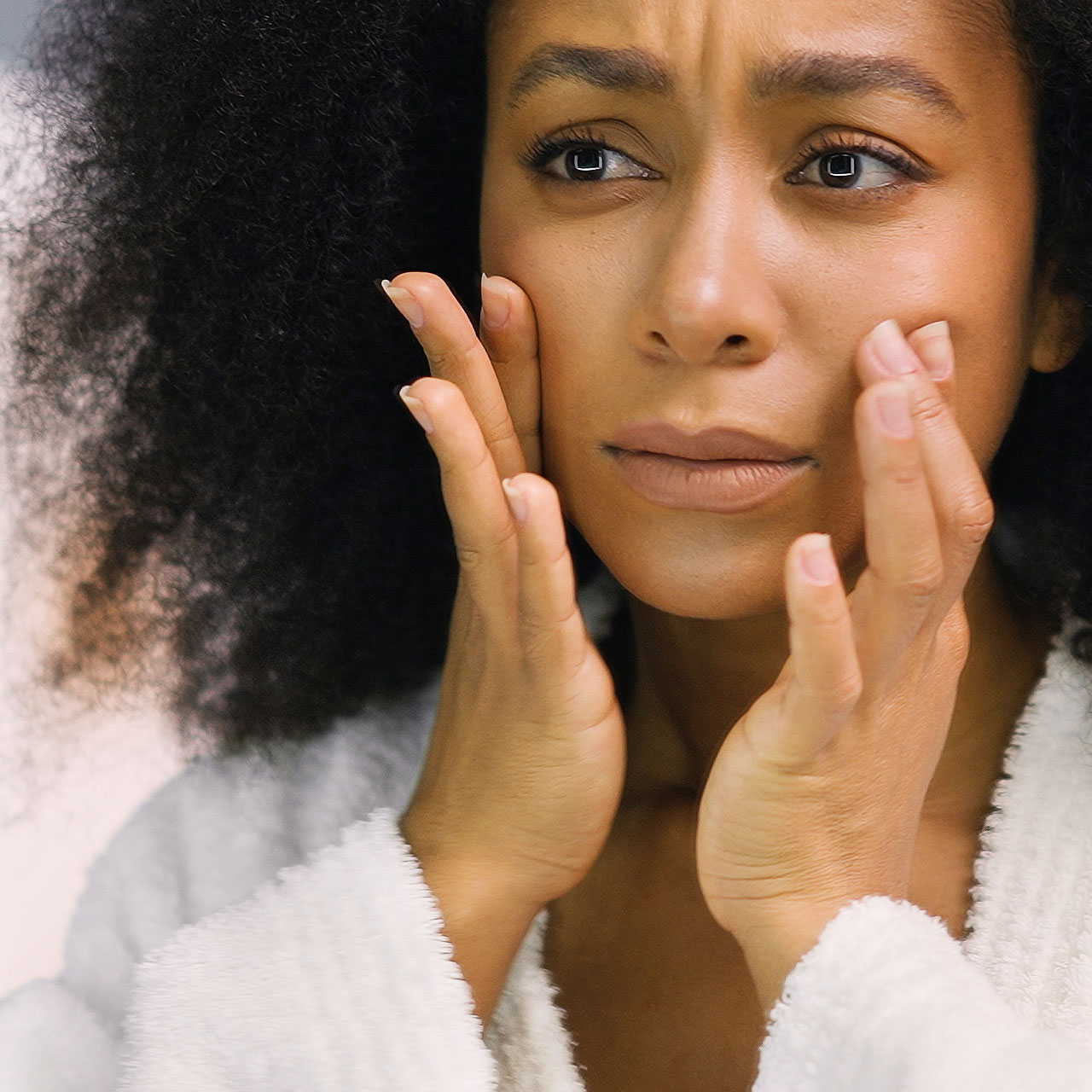This is an archived article and the information in the story may be outdated. Please check the time stamp on the story to see when it was updated last.
When it comes to choosing a night cream, you want to make sure to find an option that works for your skin type and addresses your specific skincare concerns. A moisturizing cream that will nourish your skin overnight is ideal. Unfortunately, some products contain less than beneficial ingredients – ones that may even make your skin worse. In fact, according to experts, night creams that contain fragrance can do your skin more harm than good.


Fragrance
When it comes to skincare, fragrance-free is typically the way to go – particularly if it is a product that will stay on your face for hours (like night cream)! "All fragrances in high concentrations can irritate the skin. Even organic ones," Paul Bigliardi, MD, a professor of dermatology at the University of Minnesota Medical School, tells Insider.
"Skincare products that you can rinse off, such as soaps, are more tolerable and can have a higher concentration of fragrance in them," Bigilardi continues. "But products that stay on the skin, such as creams and lotions, should have very low concentrations of fragrance or no fragrance at all."

With that in mind, when you're looking for your next night cream, try to limit your search to those without fragrance.
Check out some of SheFinds' favorite eye cream selections here.

It's not only the synthetic fragrances that you have to avoid. Natural sources, like essential oils, can also cause skin irritation. This can only lead to more problems – like dry, cracked skin, a patchy rash, and hives – if you have sensitive skin.
"Fragrances are found in a wide variety of cosmetics, cleaning supplies, medications, foods, personal-hygiene products, and more," Melissa Kanchanapoomi Levin, MD, a board-certified dermatologist and founder of Entière Dermatology in New York City, tells Popsugar. "Fragrances are known as one of the leading causes of allergic contact dermatitis (ACD) and can also cause other skin conditions such as irritant contact dermatitis, contact urticaria (hives from application of an allergen such as cinnamic aldehyde, menthol, balsam of Peru, cinnamates), photo-allergic reaction, [and] phototoxic reaction."


